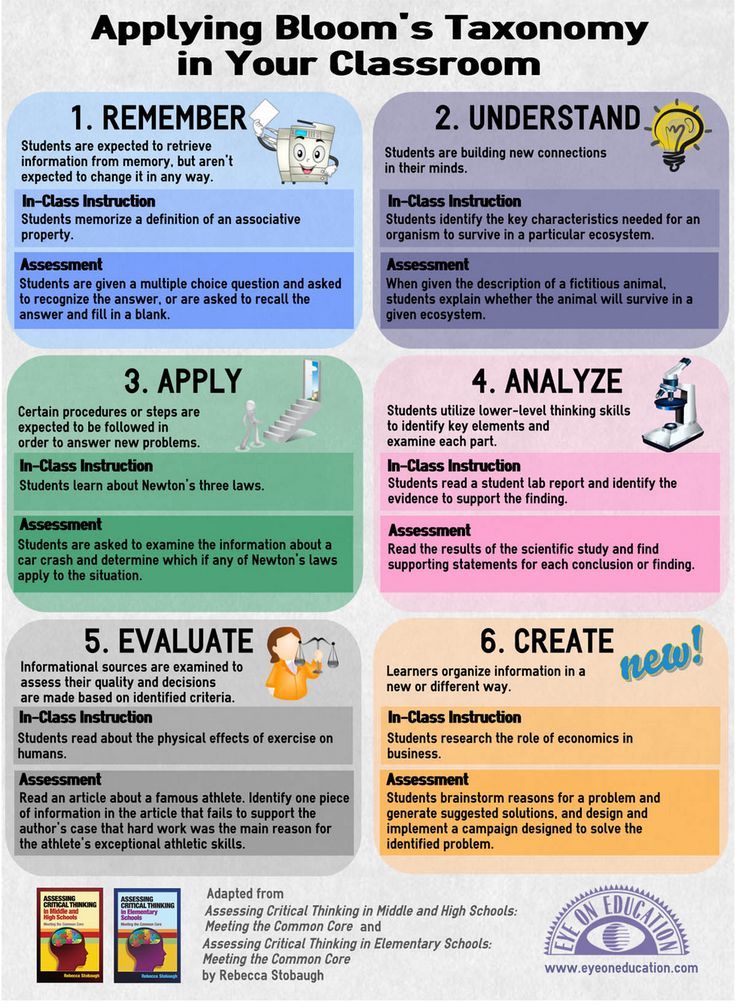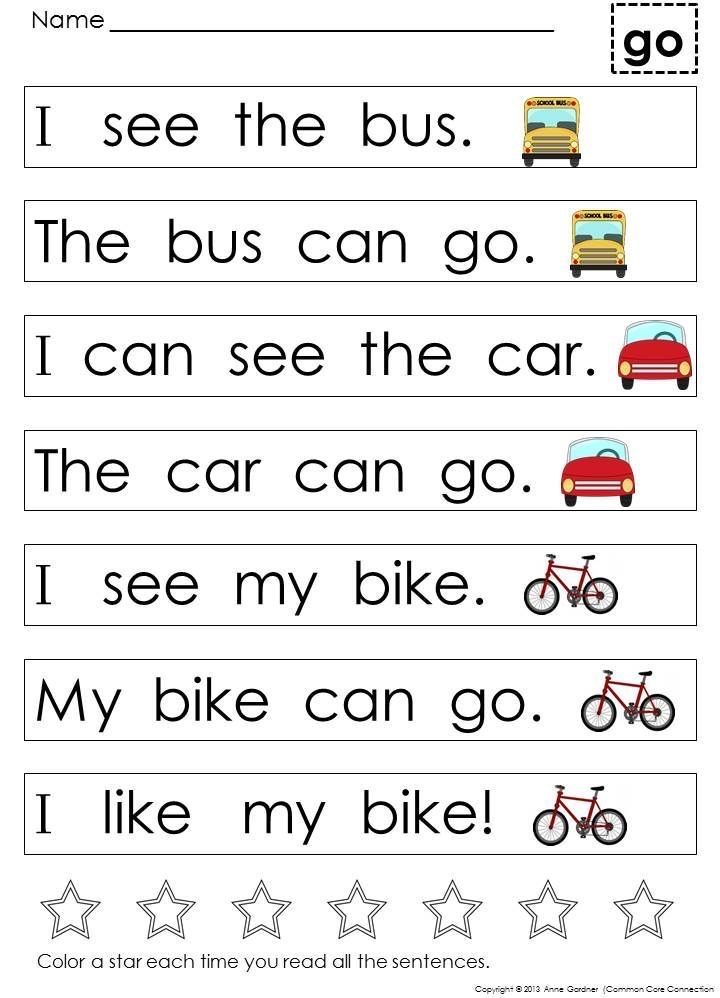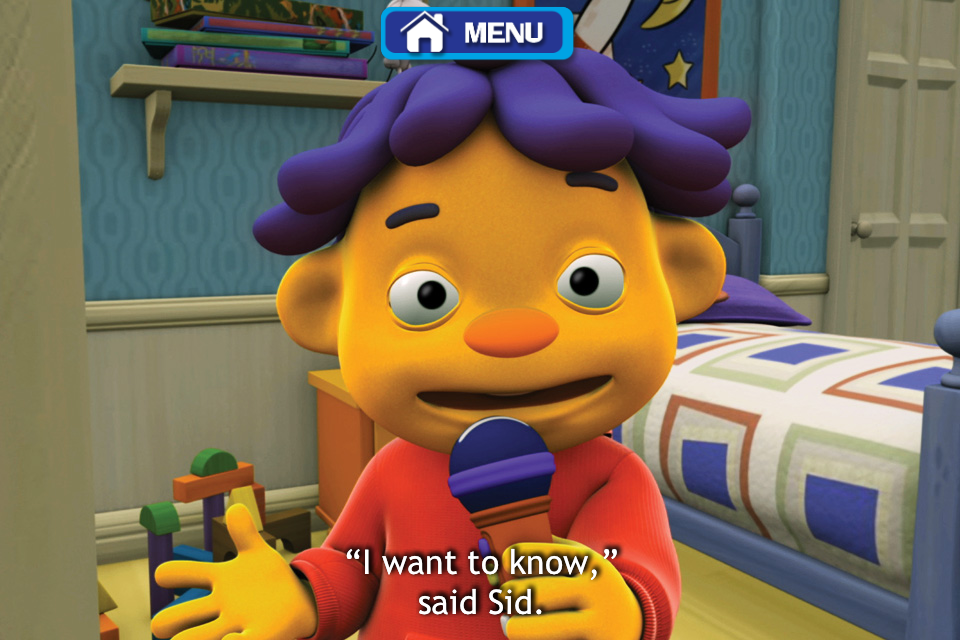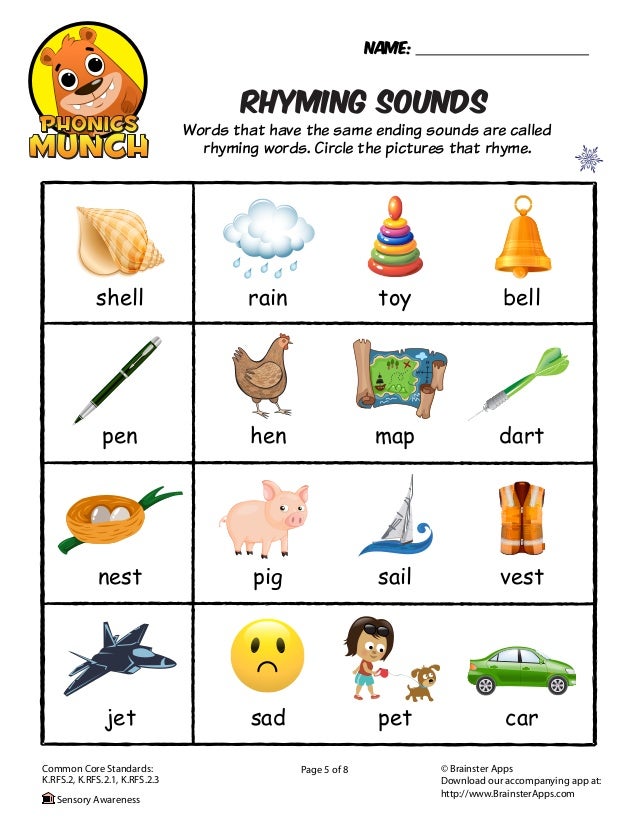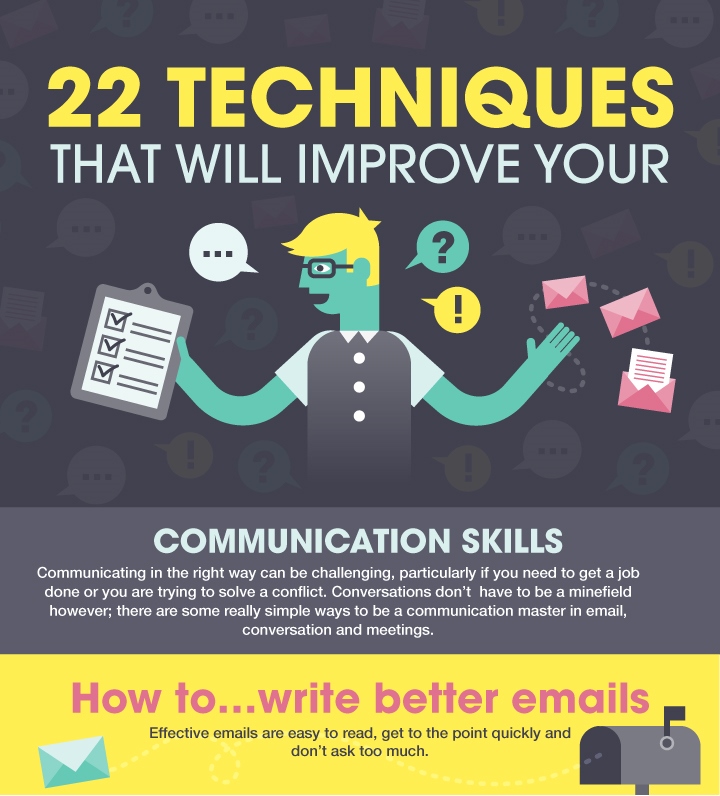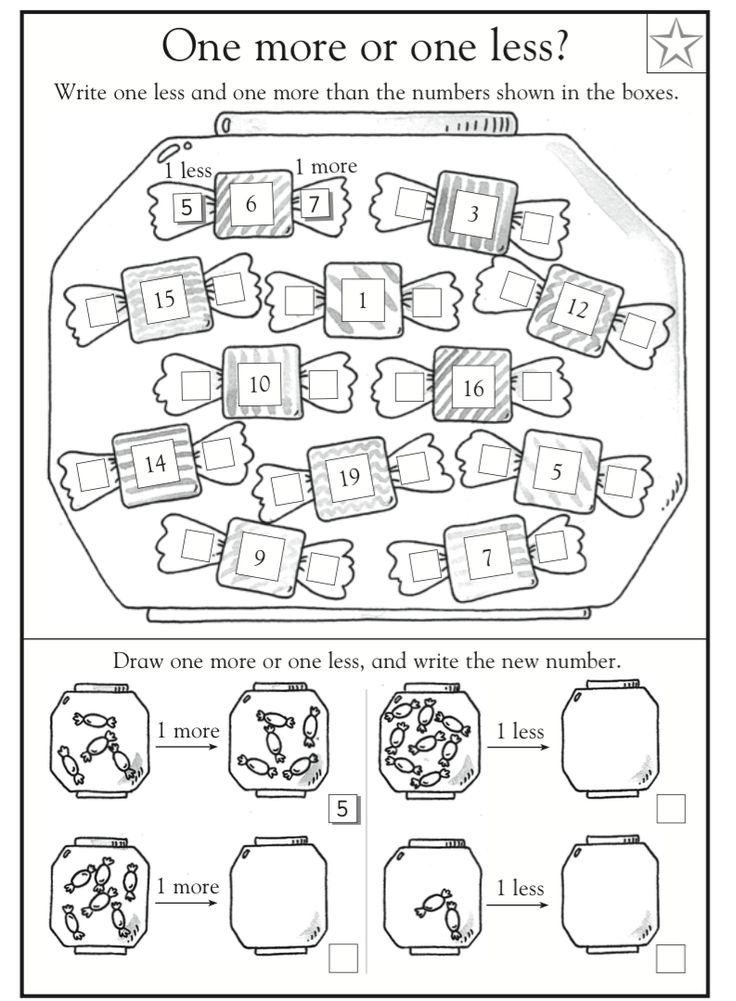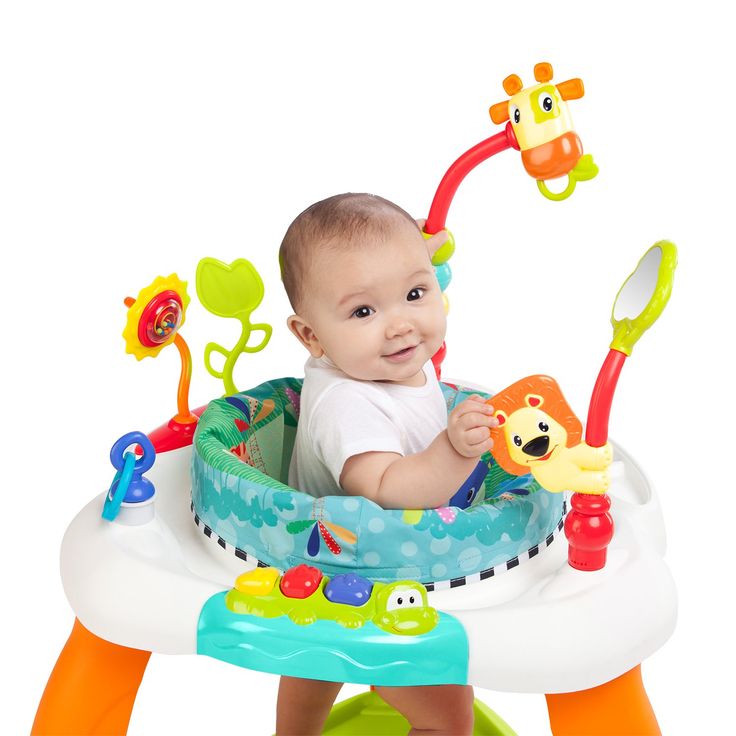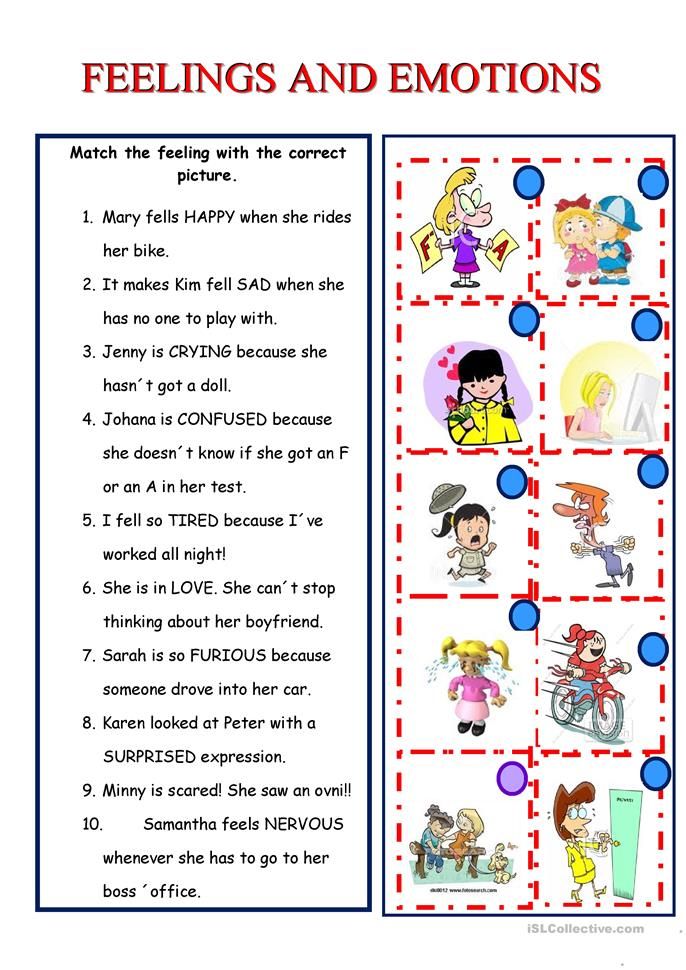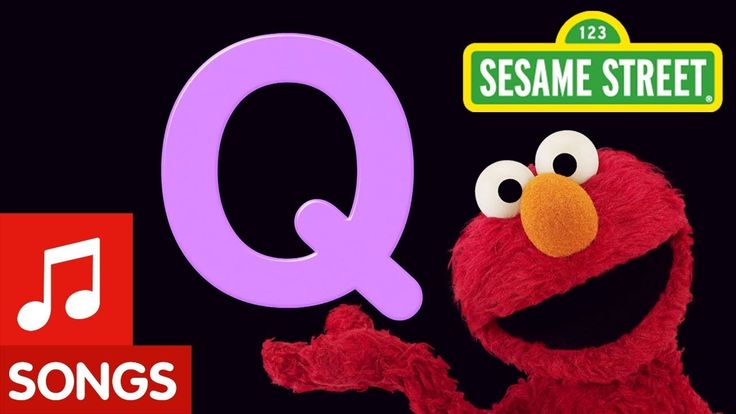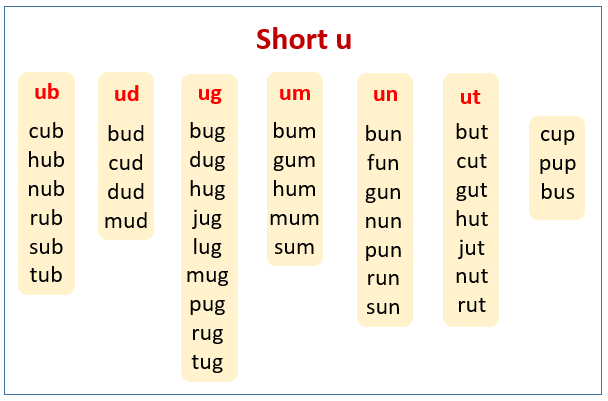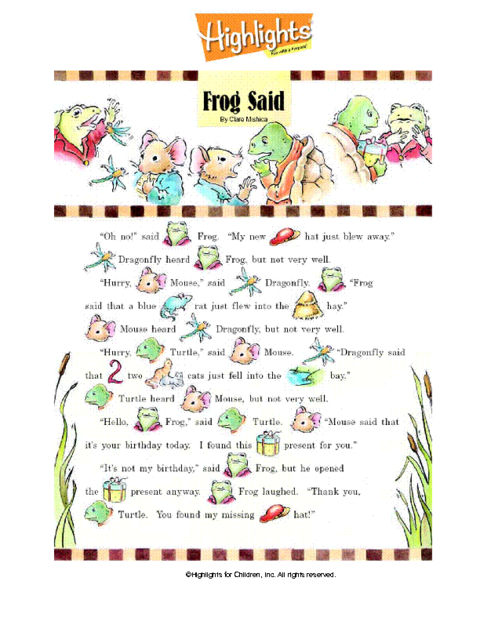Adjectives games kids
11 Classroom Games for Teaching Kids About Adjectives
Traditional language teaching often focuses on repetition and rote learning, but children want to learn through experience and engagement. Discover how you can make learning fun with these exciting and easy adjective-based language games.
1. Introduce yourself
A good game to play at the start of the school year, the teacher can go first and then ask students to do the same. Standing at the front of the classroom, students introduce themselves to the class by describing qualities about themselves – for example, “I’m curious, cheerful and tall.”
2. Adjective match
Create a deck of cards with different adjectives written on each card. You’ll also need some images (pictures from magazines, travel brochures etc) that can be described by adjectives. Now here’s how the game works:
- Each player chooses an image.
- Deal four cards to each player.
- If the player can describe the image with all four cards they win.
If not, then discard a card and choose a new card from the pile.
- Play continues until a winner is found.
3. Noun showdown
Divide the class into two or more teams, then write a noun on the board or show it as an image. Teams have a minute to write down as many adjectives as they can. Teams get a point for every adjective that is appropriate. A fast, fun game that students love!
4. Show and tell
Students bring objects from home and describe them front of the class. The teacher takes notes of all of the different adjectives the student uses to describe the object. These can be displayed around the classroom later or the teacher can quiz the class on what adjectives were used after each presentation.
5. Describing the day
Like show and tell, have students come to the front of the class and use adjectives to describe their day so far. Lead them with prompts like:
- Describe your morning so far.
- Describe what you had for lunch.
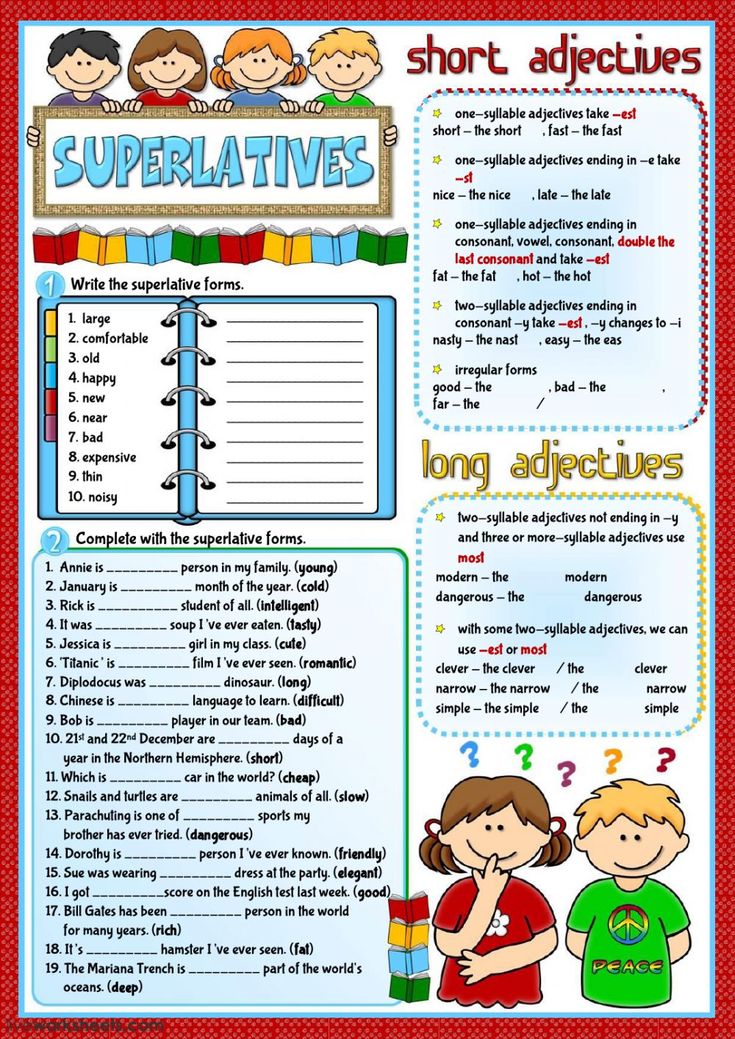
- Tell us about your maths class.
Try to guide students into giving descriptive opinions. Afterwards, quiz the class on aspects of the tale. “What adjectives did Rachel use to describe maths class?” etc.
6. Riddle game using adjectives
This is a fun game that tests student’s creativity and understanding using adjectives. Have students come up with ‘Who am I?’ riddles using adjectives to describe animals, people, vehicles and other nouns. Have them read the riddles out to the class (or in small groups) and see who can solve the riddle.
7. Circling the adjectives on favourite stories
There are a few ways to do this fun game that can be played in a group or during quiet time. Teachers can print out samples from student’s favourite stories or write them on the board. Encourage students to read through the story, circling adjectives as they go. The best thing about this exercise is its versatility, easily slipping into any lesson plan.
8.
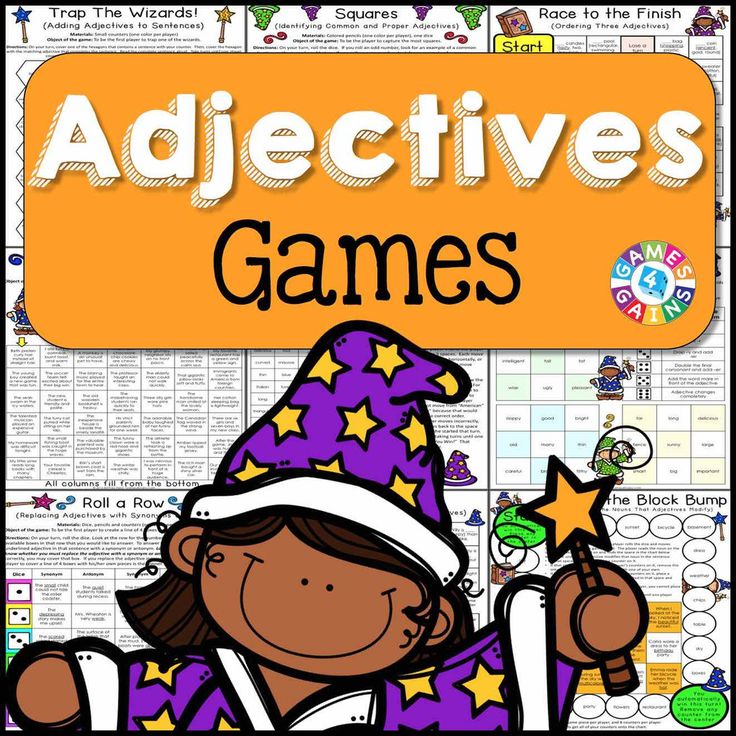 Lucky dip
Lucky dipThe teacher places different objects in a bag. Students are invited to come up and feel one of the objects, describing what it feels like. The rest of the class tries to guess what the object is based on the adjectives used.
9. Fishing for adjectives
This game requires a bit of prep, but is hours of fun and can be reused for other word groups like nouns and verbs. You’ll need a deck of flashcards, some magnets and a fishing rod. Here’s how to play:
- Write a noun, adjective or verb on each card. The words need to be clearly readable from a short distance.
- Attach paper clips to each card.
- Attach another magnetic clip to a children’s fishing rod.
- Scatter cards face up on the floor.
Encourage students to ‘fish’ the adjectives from the pile, with students taking turns controlling the rod. They’ll need to distinguish between the adjectives and non-adjectives before they can fish one out. Once they correctly fish out an adjective, you could also ask them to name an object that could be described using that word.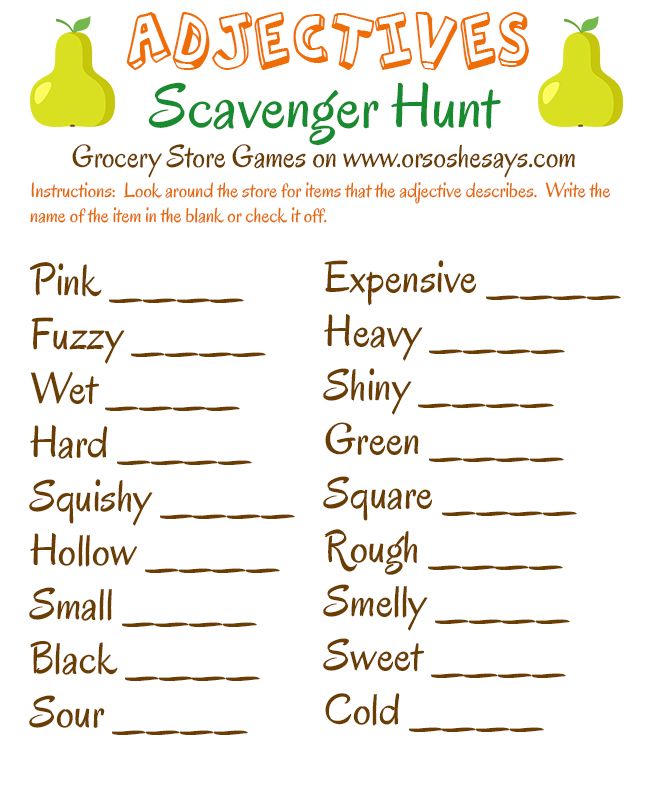
10. Describing your partner
Pair students up and ask them to describe each other. This can be a great exercise and also a great activity for teaching children positive social interactions, focusing on positive aspects of their classmates and developing empathy and sensitivity to one another.
11. Describing people
From a magazine collection, ask students to use adjectives in describing the various people on the pages. Try to vary the magazines and subjects. You can also move away from people to things (cars, boats etc).
Keeping students engaged
Educational games are effective because often students don’t even realise they’re learning while playing. Many are also versatile and can be tweaked or repurposed to use for other subject areas. Through games like these you can create a fun learning environment for your students that’ll help them pick up the difference between adjectives and other kinds of words in no time.
7 Awesome Adjective Games | YourDictionary
DESCRIPTION
Kids playing word games
SOURCE
Maskot / Maskot / Getty Images
Children and adults alike will be happier to learn when they are having fun: that is why adjective games for kids are a really effective way to teach adjectives in the classroom.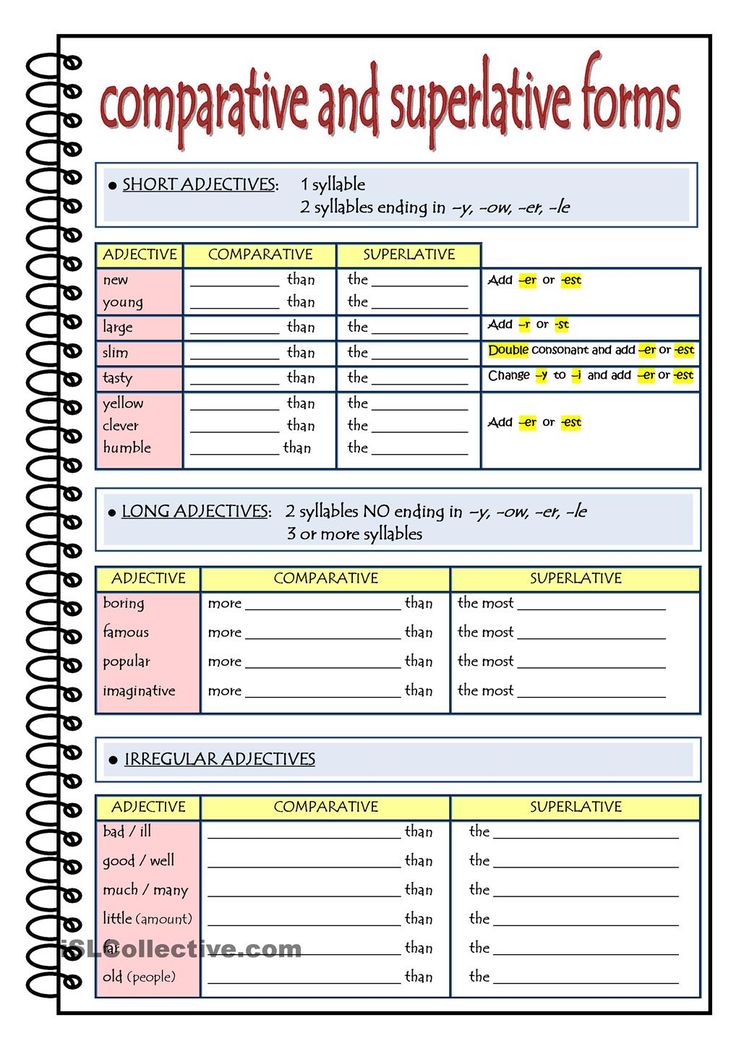 Students will develop a stronger vocabulary when learning is a fun process and they can frequently use their newly learned adjectives.
Students will develop a stronger vocabulary when learning is a fun process and they can frequently use their newly learned adjectives.
1. Fifty Awesome Adjectives
This is a great game for kids to expand their vocabulary and improve their creative writing skills.
- Ask students to bring in a picture of one of their favorite places, perhaps a memorable vacation spot, their home, or a relative's house.
- Give them a piece of paper and ask them to write sentences describing the place using as many adjectives as possible.
- Encourage them to be creative in their descriptions. Instead of a bland statement like, "There are four trees in the garden," you want something like, "There are four tall, twisty trees with thick, bushy, green leaves in the shady garden." The goal is to include 50 different adjectives in their description of the place.
- Once that's done, ask them to trade descriptions with one another.
- Ask each student to mark each adjective they find with a highlighter.
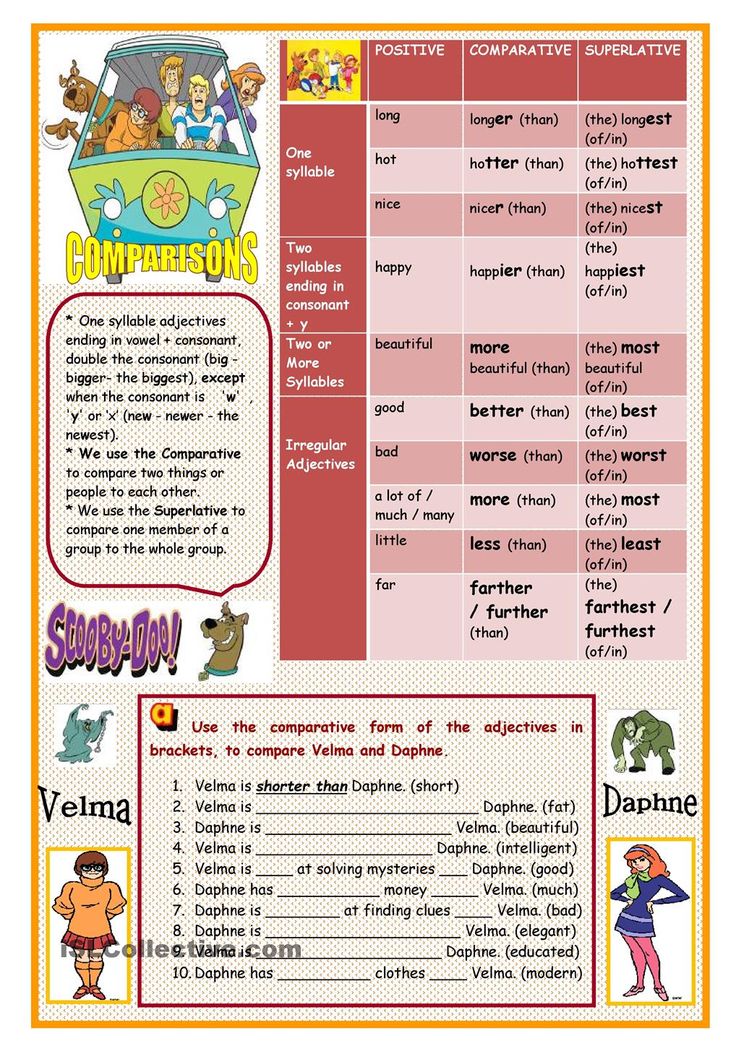 If the other student finds at least 50 awesome adjectives, they can put a sticker on the description.
If the other student finds at least 50 awesome adjectives, they can put a sticker on the description. - Put the descriptions, along with the pictures, on a bulletin board in the room. Students can be proud of their achievements and see the photos of their favorite places often.
If someone is truly stuck and cannot find enough adjectives, you can allow them to look up new words using a thesaurus so their vocabulary expands. That way, everyone wins, and students grow!
Advertisement
2. Alphabetical Adjectives
Start at the beginning of the alphabet, and have your class brainstorm as many adjectives as they can that begin with each letter.
To make the most of this learning game:
- Keep a record of how many they come up with for each letter. When you play again, you can determine if your students are coming up with more adjectives than they could last time.
- Play this game with a different letter every day.
- For inspiration, you might choose stories or classroom objects that the students can describe.
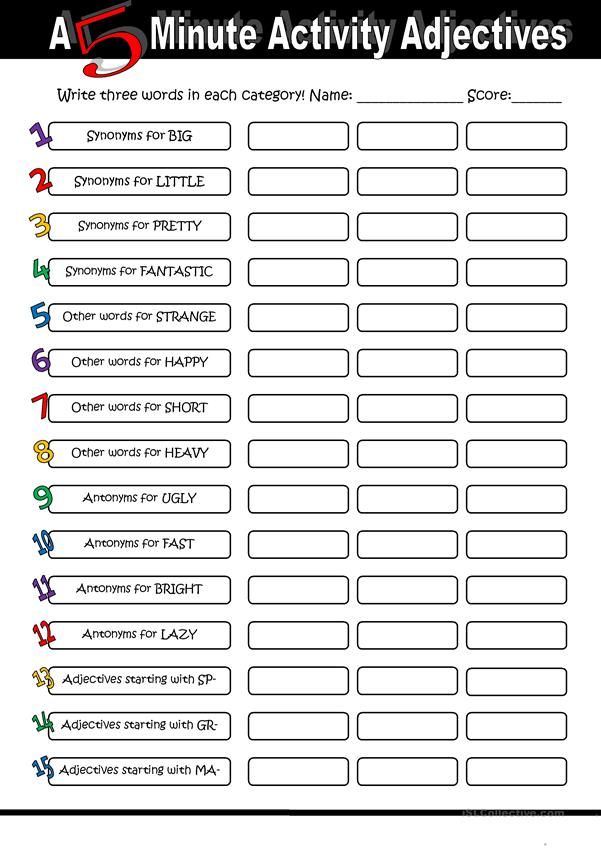
Once your students have run out of adjectives, offer a few more of your own which they have not listed: you can have a list ready so that you are prepared to help them out.
3. Adjective Battleship
Bring in groups of small objects that are similar in some ways but different in others. For example, bring in toy cars that are all the same color but different shapes. Or, you might bring in three green apples that are all different sizes.
Break students into pairs, and give each pair a set of three objects. One student secretly picks an object, and the other student guesses which one the first student chose. The second student must ask questions that use adjectives. For example:
- Is it big?
- Is it round?
- Is the doll's face happy?
- Does the doll look confused?
This will give students the opportunity to become more accurate in describing things.
Advertisement
4. Describe My Outfit
Ask each student to bring in a photo of themselves from home.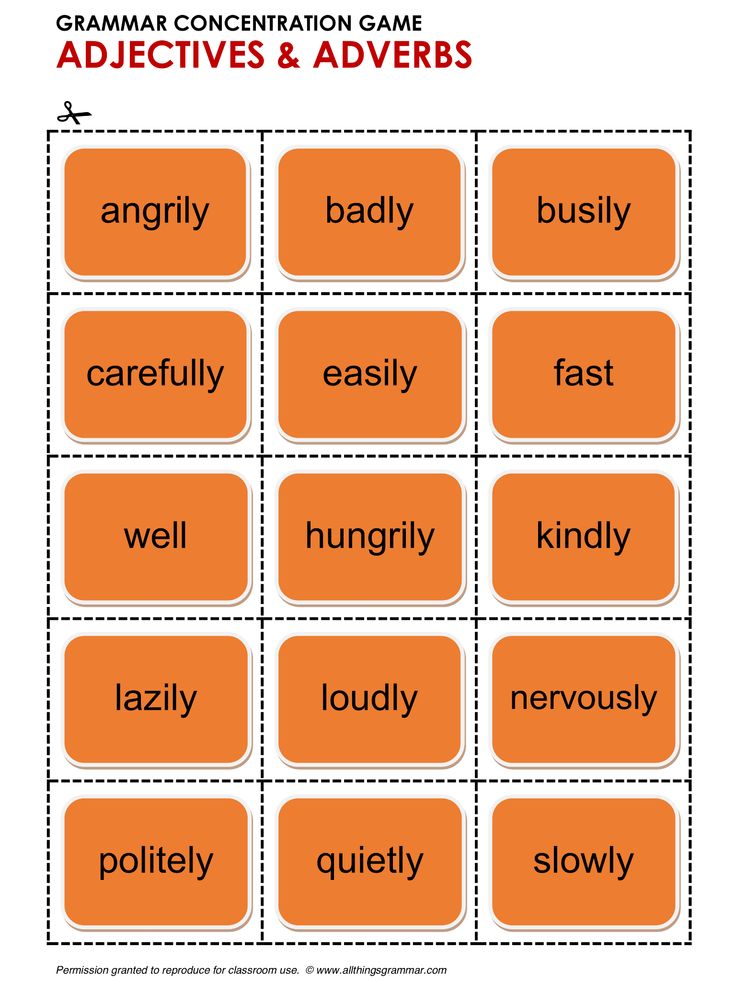 Alternatively, they can draw a picture of what they are wearing that day. Then, students can write a paragraph describing what they are wearing using as many descriptive adjectives as possible.
Alternatively, they can draw a picture of what they are wearing that day. Then, students can write a paragraph describing what they are wearing using as many descriptive adjectives as possible.
Advantages of this approach include:
- This game will get them out of the rut of describing their clothes as "pretty" and "nice" - the two adjectives teachers hear far too often!
- Encourage students to avoid using the word “very” in their descriptions. Instead of saying their dress is “very bright,” they may describe it as “vivid” or “vibrant.”
- If you make sure that your students describe themselves in a positive way, you will also encourage them to develop their sense of self-esteem.
Advertisement
5. Musical Adjective Games
Get each student to suggest a favorite song; tell them to write down the singer and song title so you can find it easily and play it in class. Before playing the game, check if the song is appropriate for the classroom, listening for inappropriate themes or language.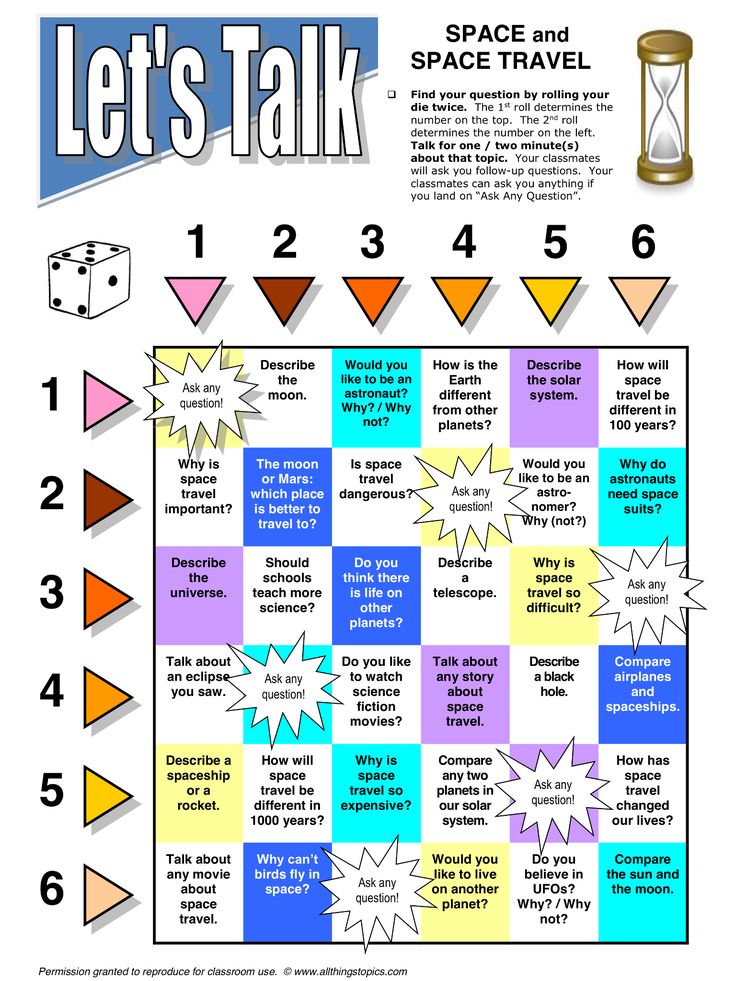
Ask the students to describe the music aloud with lots of adjectives - loud, quiet, happy, sad, fast, slow. Even more creative adjectives, such as scary, smooth, and silly, can be used too. Encourage your students to listen creatively!
Variations on this musical word game include:
- Search for a song you know on YouTube that has a lot of adjectives in the lyrics. Then, ask students to write down as many adjectives as they can hear, or get them to raise their hand each time they hear an adjective.
- Another option is to have them stand up and sit down each time they hear an adjective, like when singing "My Bonnie Lies Over the Ocean."
Advertisement
6. What's That Smell?
Each student can get a chance at playing the game as other students watch and play along. In several plastic containers, put a small amount of fragrant objects that might be familiar smells to your students.
Some object ideas you might consider include:
- Apple slice
- Cheddar cheese
- Mint leaves
- Chocolate
- Rose petals
Blindfold the student and tell them to smell the contents of the jar.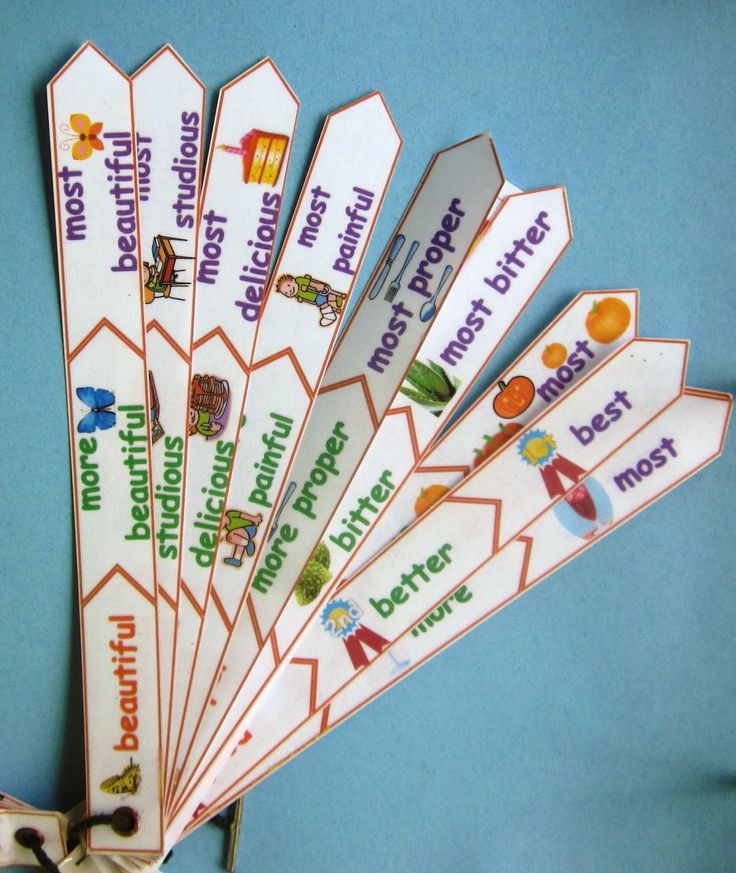 Then, ask them to focus on their sense of smell and describe the object with as many adjectives as possible.
Then, ask them to focus on their sense of smell and describe the object with as many adjectives as possible.
7. Word Search
Word searches are a great example of adjective games for adults; it’s not only children who can pass the time with this activity.
An adjective word search empowers students to learn new adjectives and reinforce old ones. An online word search is a fun activity for students to work on in their own time, but a word search can also be done in class; groups of students can help each other to complete it.
Print out our Adjective Word Search below for some classroom fun today!
Advertisement
Adjectives word search game
Click to View & DownloadTips on Selecting Adjective Games
When choosing adjective games to play in the classroom, make sure they are centered around correct grammar usage, building vocabulary, and boosting creative skills. Students do not need to know the technical aspects that they are learning through games: in fact, the best games are the most fun and stimulating ones.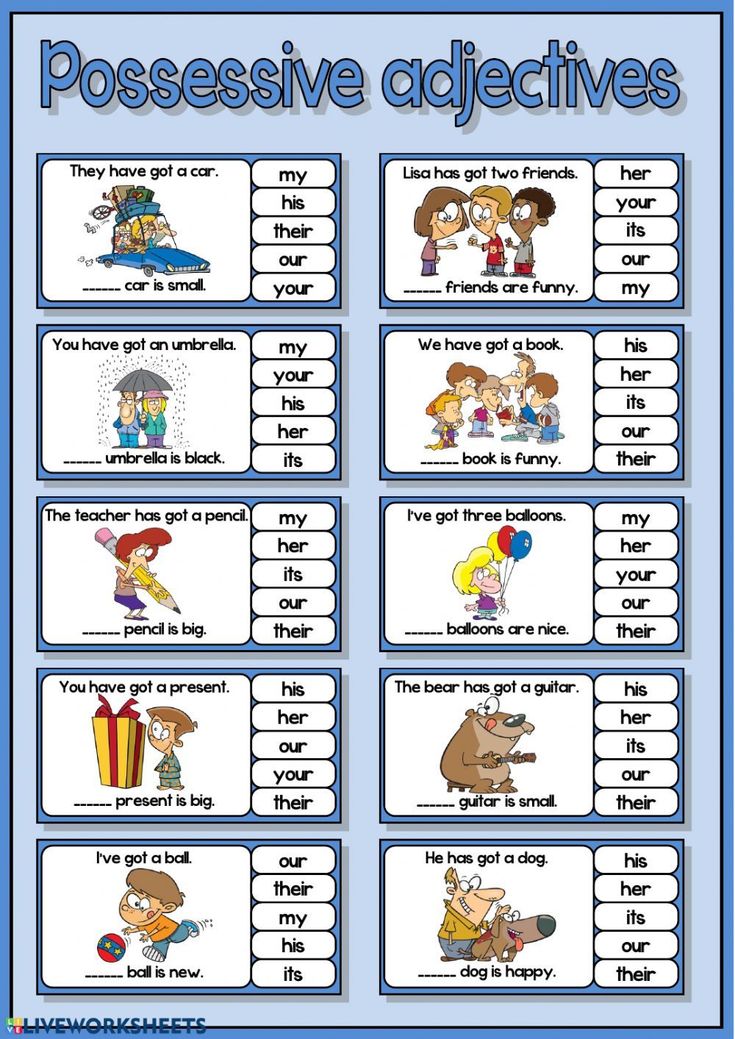
Adjective Experts
If nouns are one of the most important parts of speech in the English language, then adjectives are pretty spectacular, too. After you play these games and review these modifiers with your students, use this adjective quiz to test their knowledge. And, as a curveball on a Friday afternoon, you can also review these Latin Adjectives in Current Use to broaden your students’ vocabulary even further.
"What, what, what" - a verbal educational game for preschoolers
Didactic game "What, what, what" - a method of speech and cognitive development of the child. Preschoolers learn to express thoughts using adjectives, to correctly coordinate them with nouns. The game expands horizons, improves memory, intelligence, the ability to think logically, it is recommended when preparing kindergarteners for school.
Goals and objectives
The purpose of the didactic game "Which, which, which" is the formation of the skill of selecting adjectives according to their meaning, coordinating them with nouns.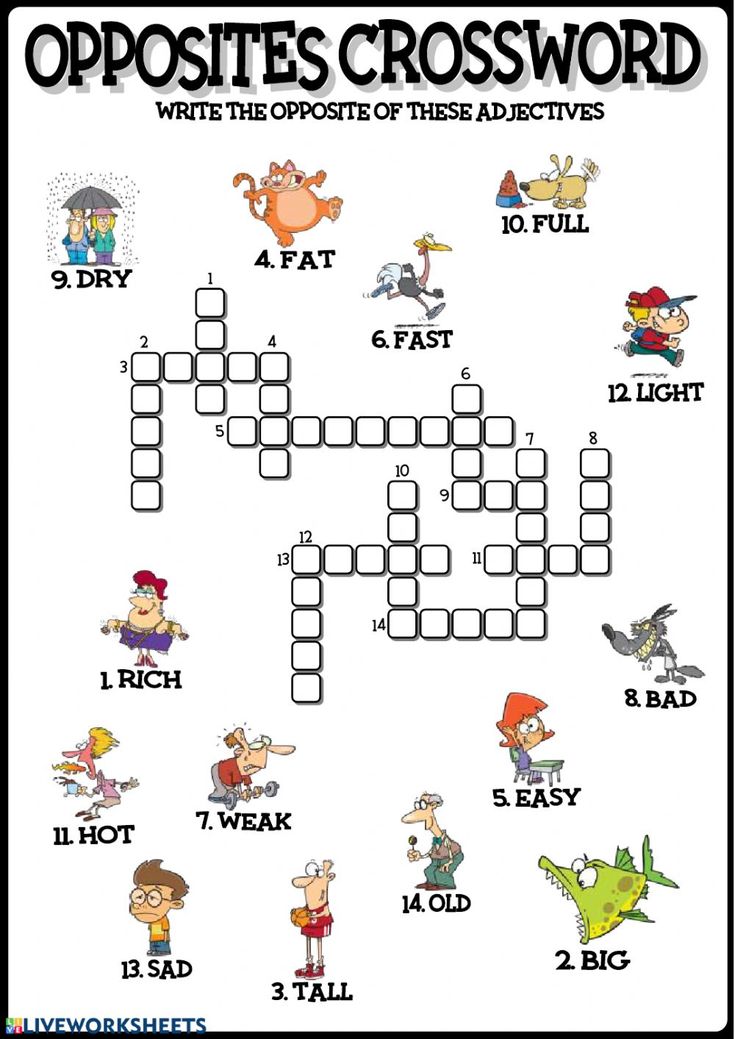 nine0003
nine0003
Tasks:
- development of speech skills, the ability to correctly express thoughts;
- personal vocabulary enrichment;
- improved memory, concentration;
- expansion of ideas about the world around;
- intellectual development;
- education of curiosity, interest in gaining knowledge.
Turn a noun into an adjective
For the game, prepare cards, each of which depicts 4 objects: a fruit or berry, juice made from it, jam and candy. nine0003
During the game, show the pictures in turn, name the pictured fruit. Pupils should say what the sweets made from these fruits and berries are called. For example:
- apple - apple juice, apple candy, apple jam;
- pear - pear juice, pear candy, pear jam;
- strawberry - strawberry juice, strawberry candy, strawberry jam;
- lemon - lemon juice, lemon candy, lemon jam; nine0012
- blueberry - blueberry juice, blueberry candy, blueberry jam.
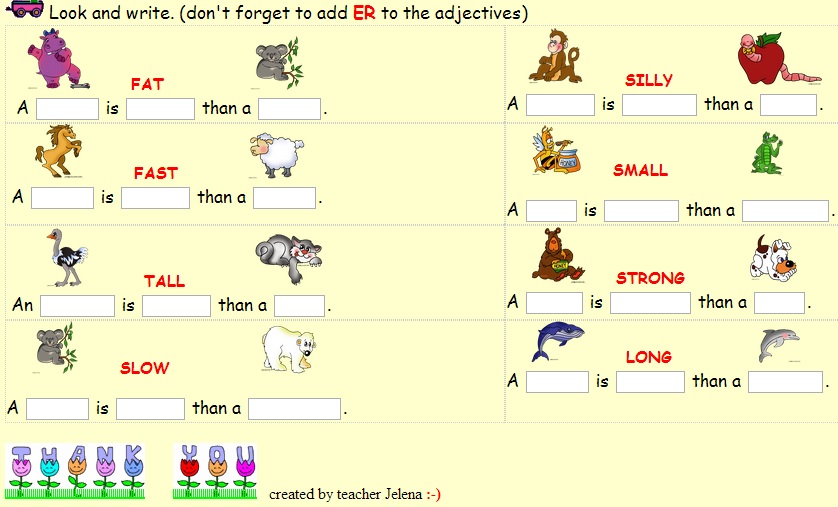
Describe the object
During the game, name a certain object, and the pupils must take turns remembering the definitions that can characterize the named word. For example:
- dog - angry, shaggy, big, chain, stray, friendly;
- dress - summer, light, beautiful, colorful, lush, long, evening; nine0012
- house - tall, dilapidated, new, multi-storey, wooden, brick, empty.
It is important to name objects of various kinds: feminine, masculine, average.
The game can be made competitive. Children play in pairs, the one who names the most suitable definitions wins.
What subject
This game not only effectively reinforces the skill of forming and agreeing relative adjectives, but also develops the imagination. Prepare cards for the lesson, they can be of 2 types: with the image of objects and with the image of colors. nine0003
nine0003
In the first variant, in the middle of the card there is a picture of food or a ready dish, and around it are the products from which it can be prepared. Children should name these foods in the form of adjectives. For example, a jar of jam is depicted, and around are raspberries, blackberries, blueberries, sea buckthorn, cherries, strawberries. Therefore, jam - raspberry, blackberry, blueberry, sea buckthorn, cherry, strawberry.
Other examples:
- what kind of juice - apple, orange, grape, tomato, lemon, cherry; nine0012
- what kind of porridge - buckwheat, rice, oatmeal, corn, pumpkin, millet;
- what kind of soup - pea, mushroom, fish, bean, potato, pasta.
In the second version of the game, a contour object should be depicted in the center of the card, and 6 colors around it: red, green, orange, blue, yellow, purple. Children give objects a color description. For example: what dress is red, orange, green, yellow, blue, purple.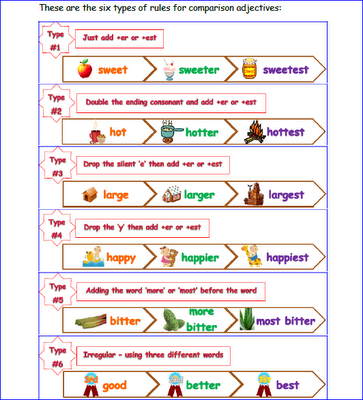 nine0003
nine0003
Guess the riddle
For the game, prepare cards with riddles and pictures of guessed objects. Approach each player in turn, ask them to draw a card, read out the written riddle. When the child guesses the answer, show the corresponding object. The player's task is to describe the depicted object with as many adjectives as possible.
For example, the player guessed the orange riddle. Show him a picture of a fruit. The child names the definitions: orange, round, sweet, juicy, tasty, fragrant. nine0003
All information is taken from open sources.
If you believe your copyright has been infringed, please contact write in the chat on this site, attaching a scan of a document confirming your right.
We will verify this and immediately remove the publication.
Word definitions
wordmap
Even the most erudite people can get into a situation where they can't remember or find the right word. It can spin randomly in the head for a long time, not giving them rest.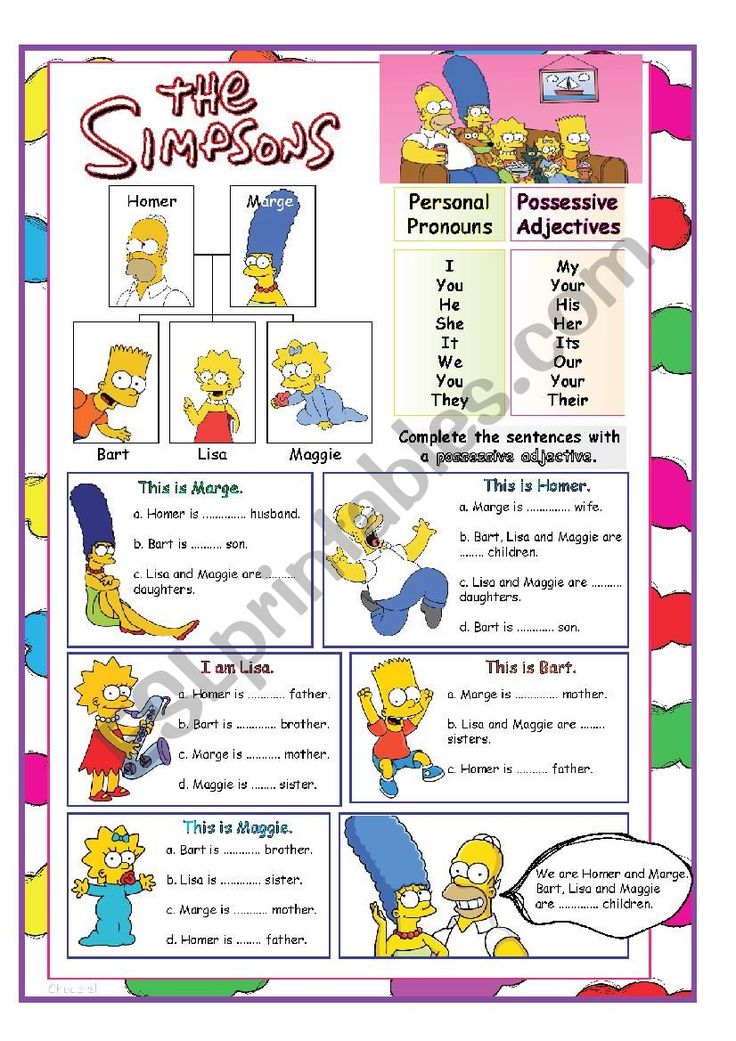 This can happen to anyone. On the WordMap website, you can use the convenient function of selecting words by mask, which is very simple to work with, or simply select the noun or adjective with which the word is most often used (for example: what kind of music is). nine0003
This can happen to anyone. On the WordMap website, you can use the convenient function of selecting words by mask, which is very simple to work with, or simply select the noun or adjective with which the word is most often used (for example: what kind of music is). nine0003
Recall everything
Having a computer and the Internet at hand today you can find absolutely any information. When working with text documents, the word detection function available on the WordMap website will help you find the right words to describe an object or event. Simply enter it in the appropriate field and click the "Search" button. After that, it remains only to choose the most suitable word from the provided list.
How to use the mask
Do you like to train your brain by solving crossword puzzles, but you just can't cope with some words? Then use the mask function. You can set the selection of words by letters. In the search box, enter all known letters. Put "*" in place of unknowns.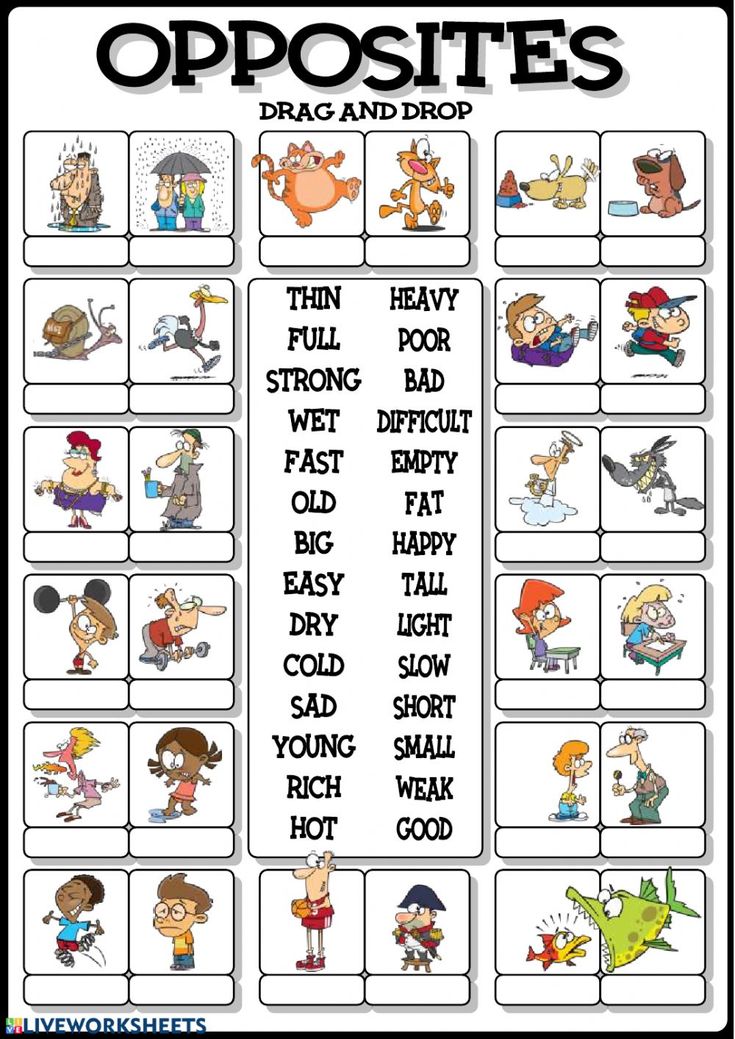 For example, I *** drom (only 8 letters in the mask). Unknown 2,3 and 4. After searching the site, we see the answer: hippodrome.
For example, I *** drom (only 8 letters in the mask). Unknown 2,3 and 4. After searching the site, we see the answer: hippodrome.
Unknown letters can appear anywhere in the word. There may be several options. For example, we type: ma ** er. We press "Search". We get the following options: broker, marker, master, mauser. From the resulting list, you can already choose the appropriate option for your text. nine0003
Reading dry text is not always pleasant. This is especially true for information and entertainment materials, where you need to beautifully and vividly present the text. Using the capabilities of the site, you can select adjectives for the word. They will help to describe all the events colorfully and vividly.
Convenience of online search
Searching the web for the right words is a rather long and not always successful business. Therefore, for the convenience of users, there are special services. Wordmap is one of them. The site is easy to understand for everyone.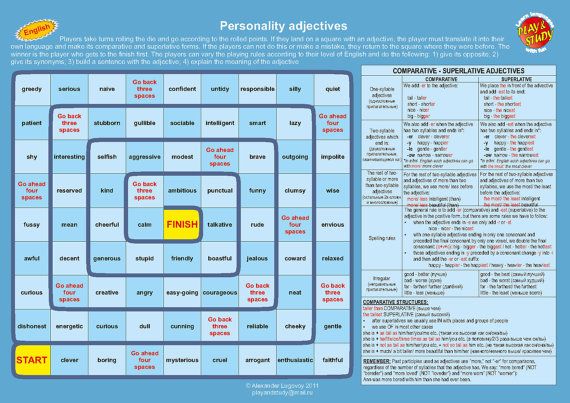 Registration is not required to get started. nine0003
Registration is not required to get started. nine0003
Benefits of the site
- The latest developments are involved in providing the functionality. Artificial intelligence works with a large base of the Russian language. It has been collected and grouped by linguists over many years. Therefore, the functions "word by mask", "synonyms", "selection of nouns for the word" and others work based on it.
- The search bar is located in a convenient place on the site page. There are hints that help the user to work with the words. nine0012
- While using the service, you can expand your horizons and improve your literacy.
Choosing any words and definitions for them, it is easy to make the text rich and interesting. Use the service not only for work, but also for cognitive gaming activity.
Just searched:
machine gun just now
doman 5 seconds ago
stumps 5 seconds ago
outskirts of the village 6 seconds ago
greedy 6 seconds ago
incubator 7 seconds ago
bernald 7 seconds ago
similar vehicle 11 seconds ago
budolina 12 seconds ago
cos ot 15 seconds ago
pastor 19 seconds ago
2003 2003morning star 24 seconds ago
ponevu 24 seconds ago
research 26 seconds ago
Your rating
Close
Thank you for your rating!
Close
Latest Word Games
| Name | Word | Guessed | Time | From |
|---|---|---|---|---|
| Player 1 | kulebyaka | 27 words | 17 minutes ago | 95.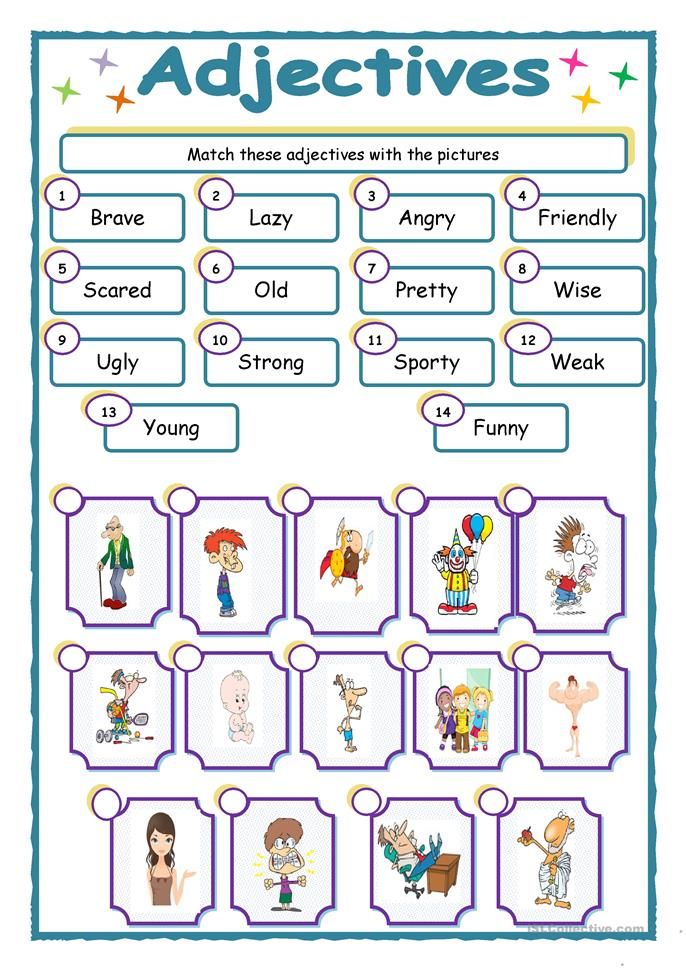 29.167.54 29.167.54 |
| Player 2 | caramel | 39 words | nine0212 23 minutes ago95.29.167.54 | |
| Player 3 | auto stacker | 100 words | 59 minutes ago | 95.29.167.54 |
| Player 4 | traffic controller | 46 words | 1 hour ago | 95.29.167.54 |
| Player 5 | mutations | nine0212 0 words1 hour ago | 2.92.193.234 | |
| Player 6 | radio station | 112 words | 1 hour ago | 95.29.167.54 |
| Player 7 | akilina | 0 words | 3 hours ago | 37.230.157.238 |
| Play Words! | nine0210||||
| Name | Word | Account | From | |
|---|---|---|---|---|
| Player 1 | wash | 35:38 | 11 minutes ago | 176.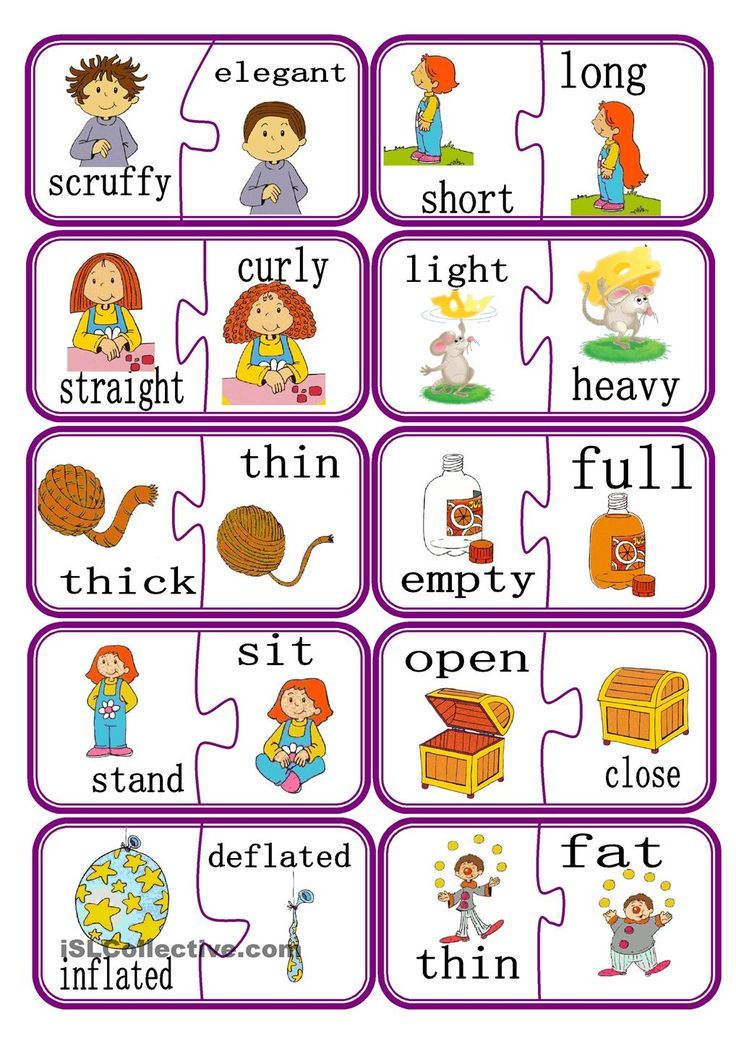 109.36.76 109.36.76 |
| Player 2 | vogul | 19:21 | 12 minutes ago | 176.98.51.142 |
| Player 3 | lobio | 51:52 | 22 minutes ago | 176.98.51.142 |
| Player 4 | splint | 46:46 | 28 minutes ago | 176.109.36.76 |
| Player 5 | origin | 51:51 | 47 minutes ago | 176.109.36.76 | nine0210
| Player 6 | contribution | 55:53 | 48 minutes ago | 176.59.111.151 |
| Player 7 | trait | 55:57 | 1 hour 37 seconds ago | 176.59.111.151 |
| Play Balda! | ||||
| Name | Game | Questions | From | |
|---|---|---|---|---|
| Pro | For one | 20 questions | 7 minutes ago | 195.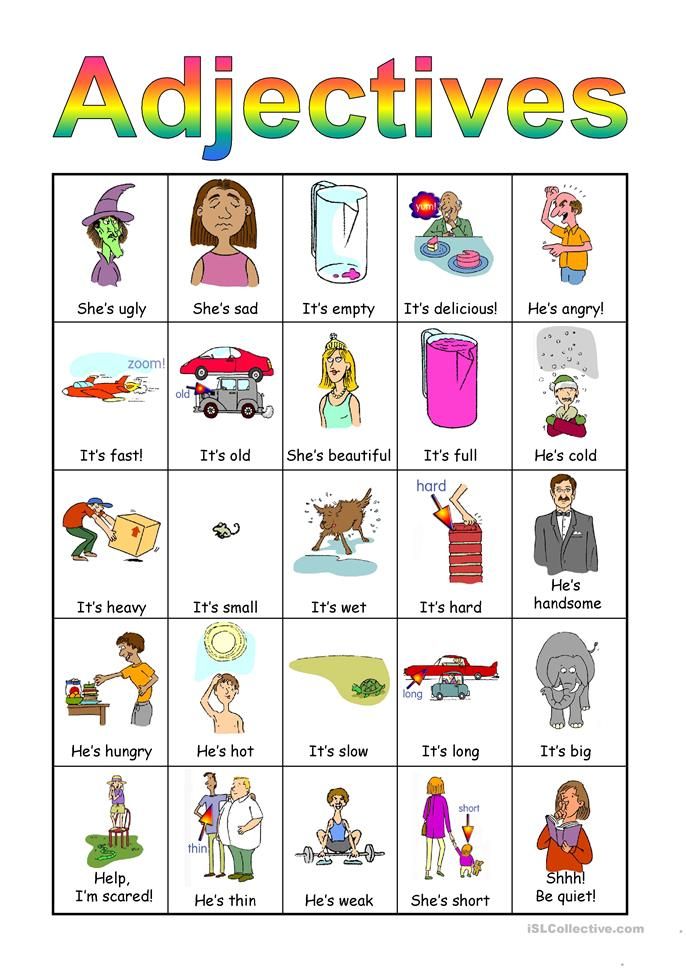 |

